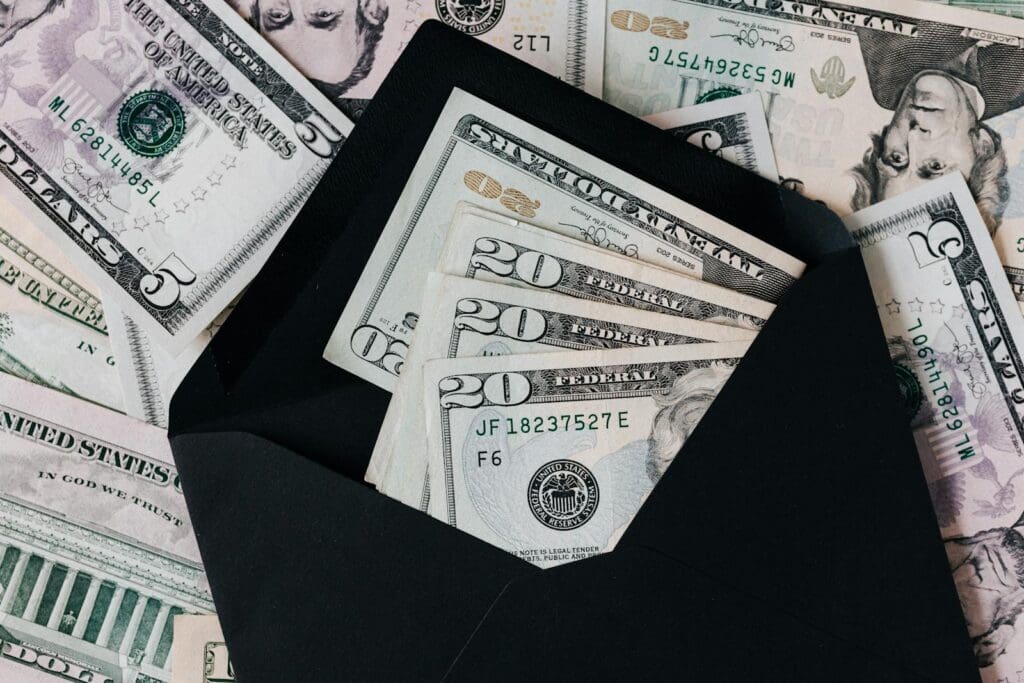Refinancing your mortgage to get a better interest rate or to reconfigure your loan on a property is a major financial step. There are a lot of layers to refinancing, though, so it’s important you understand these ten things before you dive in.
Straightforward Goals

Before you decide to refinance your mortgage, make sure you understand your own financial goals. What are you trying to accomplish by refinancing your mortgage? There are a few things that can benefit you from refinancing, but if you go into it haphazardly you can actually hurt your finances.
Payoff Amount

Before you decide that it’s a great idea to jump into refinancing, make sure you know what your payoff amount is. This is the amount you’re going to need to borrow from a financial institution to refinance your loan. The smaller this number, the better for your long-term financial goals.
It’s Not Free

Refinancing isn’t free! In addition to any closing costs you might incur on the loan, you’ve also got to pay things like appraisal fees, origination fees, and title insurance. Make sure you talk to a loan officer to understand just how much money you’ll be spending on this endeavor.
Interest Rates

Interest rates on mortgage loans change all the time. In short, banks offer loans with various interest rates because the economy shifts over time and the banks are competing with each other to offer the best rate. When you refinance at a lower rate, you can end up owing a lot less money in the long run.
Lowering Payments

For instance, if you got your original loan at 7% interest and refinance it at 3.5% interest several years later, you’ve now effectively cut your interest rate in half. This could allow you to pay significantly lower minimum payments on your mortgage, freeing up more of your income.
Shortening Loan

Another potential bonus from refinancing your loan to a lower interest rate could be shortening the term that you’ll be paying it back. Rather than lowering your minimum payments, you could keep them the same and just pay the loan off much faster than you expected.
Getting Cash

You could also refinance your mortgage in a different way that allows you to get cash out of your home equity. Basically, if your home is worth more now than it was when you bought it, a bank can offer you a new loan against the current home value and offer you quick cash.
Private Mortgage Insurance

When you refinance your home, you could end up with your new mortgage balance totaling less than 80% of the home’s value. If this happens, you can cancel your existing private mortgage insurance and save some money on your minimum payments!
Read More: 12 Simple Tips to Get the Best Car Lot Deals
Loan Options

There are a lot of options for home refinancing. It’s a common enough practice that banks are prepared to offer you a ton of different products, ranging from lower interest rate loans to debt consolidation loans. Speak to a loan officer and figure out which product best aligns with your financial goals.
Read More: 5 Easy Tips to Improve Your Credit Score
Going Back

If you decide at the last minute that you’ve made a terrible mistake with your credit or long-term finances, you can cancel a home refinancing within three days of signing your loan contract. This is a legal protection period that allows homeowners to reconsider major financial moves, and there’s nothing wrong with backing out for any reason.
Read More: How to Increase Your Home Value: A Guide to Home Improvement








